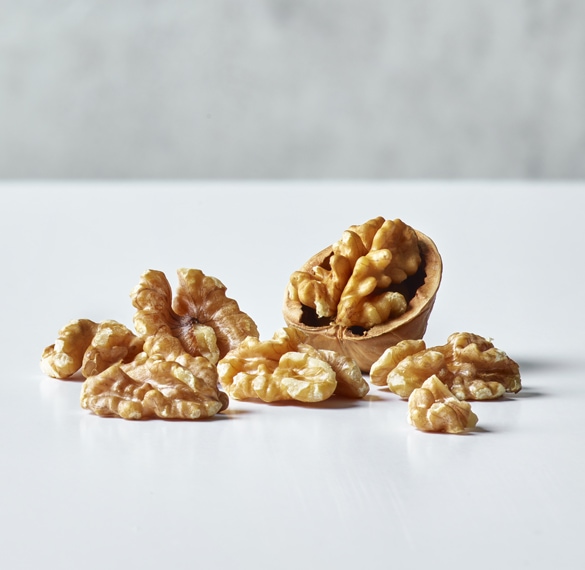Another study, in an animal model, explored possible mechanistic reasons for the results seen in the clinical trial. Mice fed a walnut-rich diet showed a reduction in a process called lipid peroxidation, a process that can damage sperm cells.4 This form of cell damage harms sperm membranes, which are primarily made up of polyunsaturated fatty acids (PUFAs). Previous studies have shown that PUFAs may play a role in sperm health and membrane function. Walnuts are the only tree nut that are predominantly comprised of PUFAs (one ounce contains 13 grams of PUFAs out of 18 grams of total fat), which is why they were included in this study. This promising animal research provides important insight, but the results are inconclusive regarding the effects on humans and how PUFAs function to reduce lipid peroxidation. Future human clinical studies are needed.
Additional limitations should be considered for the study in healthy young men. Information on dietary intake and diet adherence was limited since participants were free-living and data was self-reported. Additionally, collection of blood specimens for hormone analysis occurred throughout the day, to accommodate busy schedules of the subjects, but participants were asked to return at the same time of day for follow-up appointments to maintain consistency in the data collection.

